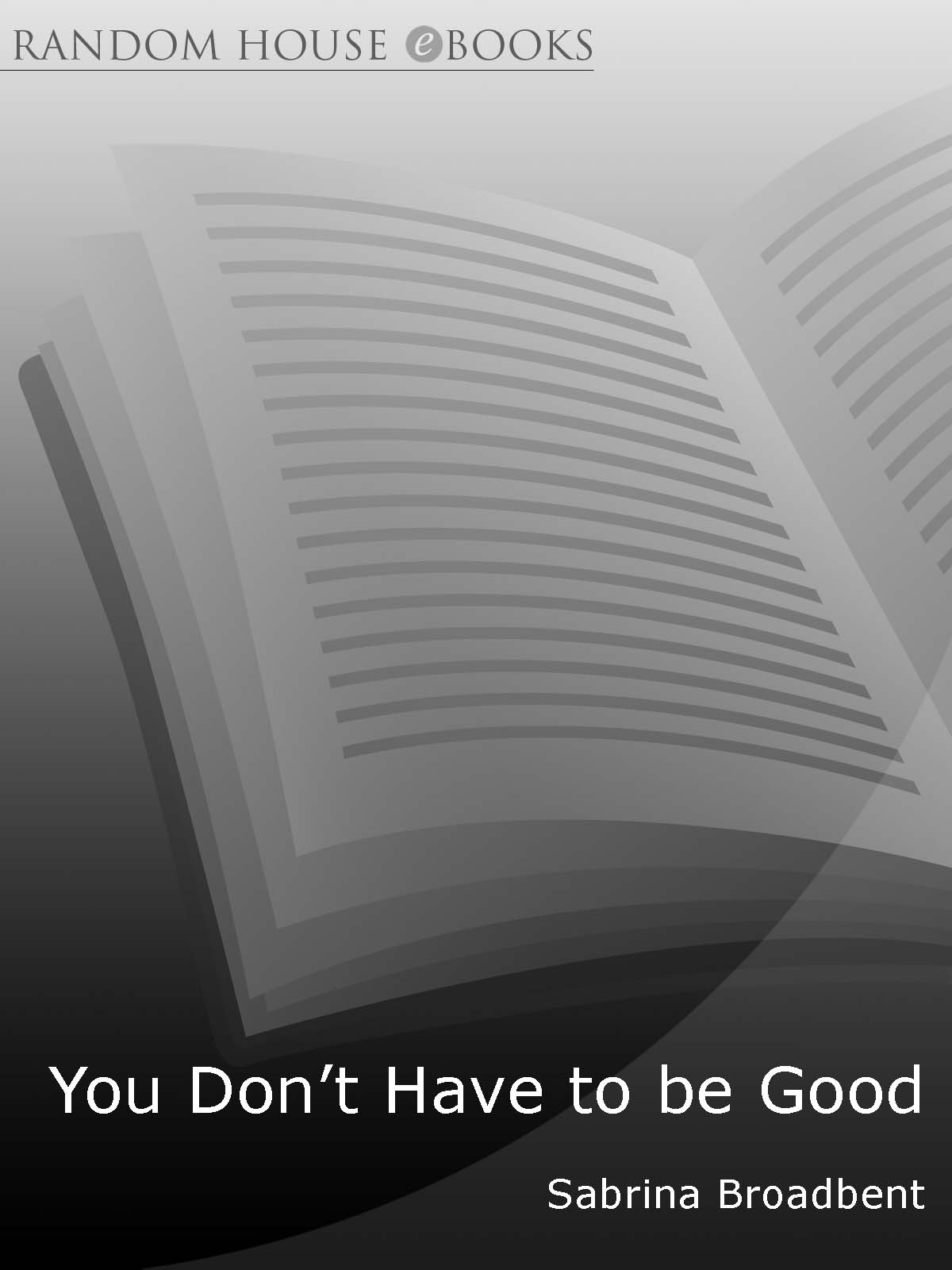oleebook.com
How Good Do We Have to Be? de Kushner, Harold S
de Kushner, Harold S - Género: English
Sinopsis
From Library Journal
Jewish and Christian religions reinforce feelings of guilt and inadequacy by using the story of the Fall of Adam and Eve to teach that humankind's spiritual inadequacies are inherent. Rabbi Kushner (When Bad Things Happen to Good People, 1981) here retells the Genesis story of the primeval couple to demonstrate that the imperfections of humankind do not merit the loss of God's love, nor should they foster the guilt and anxiety that they often do in a society driven by a misguided attachment to perfection. Combining psychology and spirituality, Kushner invokes the power of acceptance and forgiveness as a means of overcoming the insidious consequences of a preoccupation with perfection. For most libraries.
Copyright 1996 Reed Business Information, Inc.
From Booklist
Kushner, best known for his best-selling When Bad Things Happen to Good People (1985), here deals with an equally vexing topic, overcoming shame and guilt. As in his other books, Rabbi Kushner turns to the Bible to find answers to hard questions, and when it comes to guilt and shame, there is no better place to start than at the beginning, with the story of Adam and Eve. The disobedience shown in the Garden of Eden came to be known as original sin, sort of a gene for badness that is passed down from generation to generation. But Kushner has a different take on the Adam and Eve story, seeing the duo as brave rather than disobedient, willing to risk paradise to become fully human. It must be said that Kushner tends to twist a tale until it fits the point he is trying to make (this is especially true in his discussion of Cain and Abel); nevertheless, his arguments, directly stated, are always thought provoking and people centered. Kushner is clearly writing to bring comfort and to show his audience how to find forgiveness in their own lives, whether that forgiveness is directed toward others or oneself. This is one psychological self-help book that deserves the popularity it is likely to achieve. Ilene Cooper












